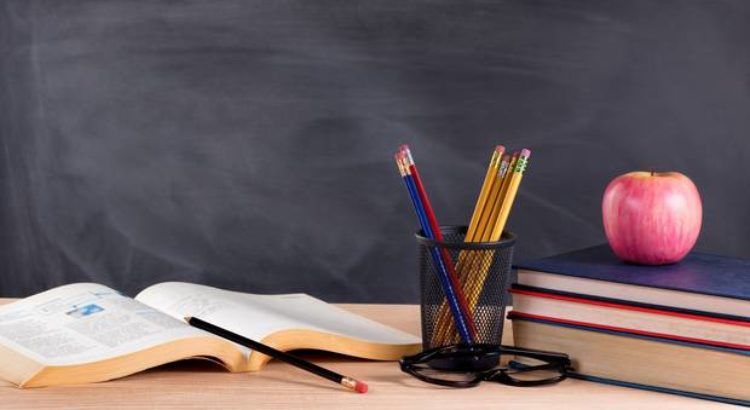Oceania/ New Zeland/ 21.11.2018/ Source: www.nzherald.co.nz.
All children in New Zealand bring diverse backgrounds and needs to their education and every child deserves to have those differences acknowledged meaningfully. So it was disappointing to read last Wednesday’s editorial in this newspaper, «One in five pupils now need help with learning disorders«, which implied these children were a problem in schools.
Inclusive education means all children can attend the school of their first choice and receive the support they need to thrive alongside their peers – everyone is welcome and all students learn in a way that suits their individual needs. The system needs to change to fit individuals and not the other way around.
Internationally, it has been found that learning which benefits all students not just some, produces better outcomes for all. A 2017 review of 280 studies from 25 countries found clear and consistent evidence that inclusive educational settings can confer substantial short- and long-term benefits for students with and without disabilities. These include stronger skills in reading and mathematics, higher rates of attendance, reduced behavioural problems, and increased likelihood of students completing secondary school.
Disabled people make up 24 per cent of the population, but disabled children are not getting a fair go in the education system. That is a huge chunk of New Zealanders we are letting down. I continue to hear stories about disabled children being discriminated against in the classroom or not being able to access the resources they need.
Multiple reviews and reports over several years have shown the education system is not working for disabled students. Significant outstanding issues for the system include under-resourcing, a lack of good accountability mechanisms, lack of data and options and a lack of training and support for teachers. We’ve known this for a long while, New Zealand just has not addressed these issues meaningfully and comprehensively.
All this can result in low aspirations, discrimination, an underlying expectation that disabled students should be segregated or siloed or that they are taking resources away from others. Many children and their families have experience of the frustration of just wanting to access a quality education and having to fight for inclusion.
The Ministry of Education is leading big educational reforms at the moment. The recent announcement of 600 learning support co-ordinators in classrooms by 2020 is a small step in the right direction. But it does not go far enough.
I am really hoping these reforms shift the system-level issues. This is a critical time for our education system and the impact our system will have on future generations.
Rather than talking about young disabled people being the problem, New Zealand needs to make the most of these reforms and talk about how we create an education system that is fit for purpose for all children.
Source of the notice: https://www.nzherald.co.nz/nz/news/article.cfm?c_id=1&objectid=12162766







 Users Today : 157
Users Today : 157 Total Users : 35459752
Total Users : 35459752 Views Today : 297
Views Today : 297 Total views : 3418269
Total views : 3418269